Paper: desenderlab.com/wp-content/u... Thread ↓↓↓
Paper: desenderlab.com/wp-content/u... Thread ↓↓↓
1. Academia resumes control of publishing
2. Incentive systems to merit quality, not quantity
3. Independent fraud detection and prevention
4. Legislation and policies to protect science quality and integrity

1. Academia resumes control of publishing
2. Incentive systems to merit quality, not quantity
3. Independent fraud detection and prevention
4. Legislation and policies to protect science quality and integrity
One key issue discussed in @brain1878.bsky.social
is the duplication - or worse - of regulatory oversight at NHS hospitals & universities.
My views on how to change the system
academic.oup.com/brain/articl...

One key issue discussed in @brain1878.bsky.social
is the duplication - or worse - of regulatory oversight at NHS hospitals & universities.
My views on how to change the system
academic.oup.com/brain/articl...
With @spk3lly.bsky.social, @redmondoconnell.bsky.social and Anna Geuzebroek
elifesciences.org/reviewed-pre...
While we work on improving the [solid] paper based on the reviews, here are the key take-home messages:
With @spk3lly.bsky.social, @redmondoconnell.bsky.social and Anna Geuzebroek
elifesciences.org/reviewed-pre...
While we work on improving the [solid] paper based on the reviews, here are the key take-home messages:
Paper: desenderlab.com/wp-content/u... Thread ↓↓↓
#AcademicSky #PsychSciSky #Neuroscience #Neuroskyence
Paper: desenderlab.com/wp-content/u... Thread ↓↓↓
#AcademicSky #PsychSciSky #Neuroscience #Neuroskyence
led by Robin Vloeberghs with @anne-urai.bsky.social Scott Linderman
Paper: desenderlab.com/wp-content/u... Thread ↓↓↓
#PsychSciSky #Neuroscience #Neuroskyence
led by Robin Vloeberghs with @anne-urai.bsky.social Scott Linderman
Paper: desenderlab.com/wp-content/u... Thread ↓↓↓
#PsychSciSky #Neuroscience #Neuroskyence

"Metacognitive sensitivity: The key to calibrating trust and optimal decision-making with AI"
academic.oup.com/pnasnexus/ar...
With co-authors Tianyu Zhou and Eric Du 1/
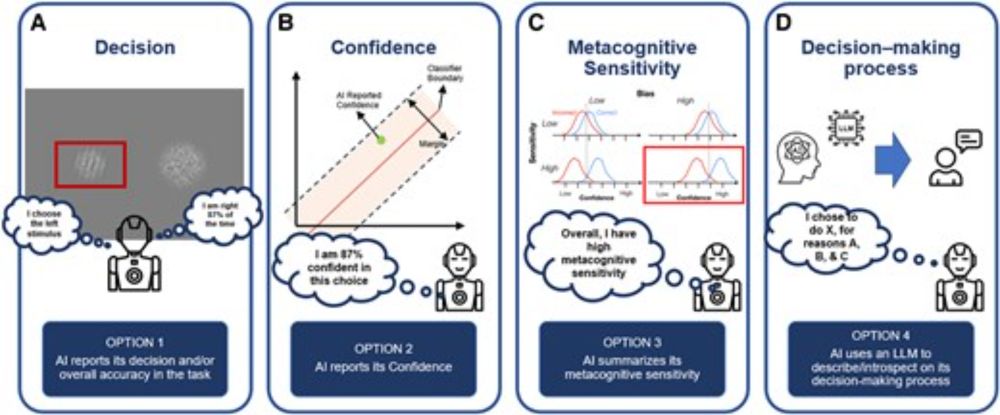
"Metacognitive sensitivity: The key to calibrating trust and optimal decision-making with AI"
academic.oup.com/pnasnexus/ar...
With co-authors Tianyu Zhou and Eric Du 1/
@natcomms.nature.com! nature.com/articles/s41...
With @spk3lly.bsky.social and @neuromurphy.bsky.social, we investigated the neural computations that allow us to make near-optimal decisions in changing environments. Here's a short summary:
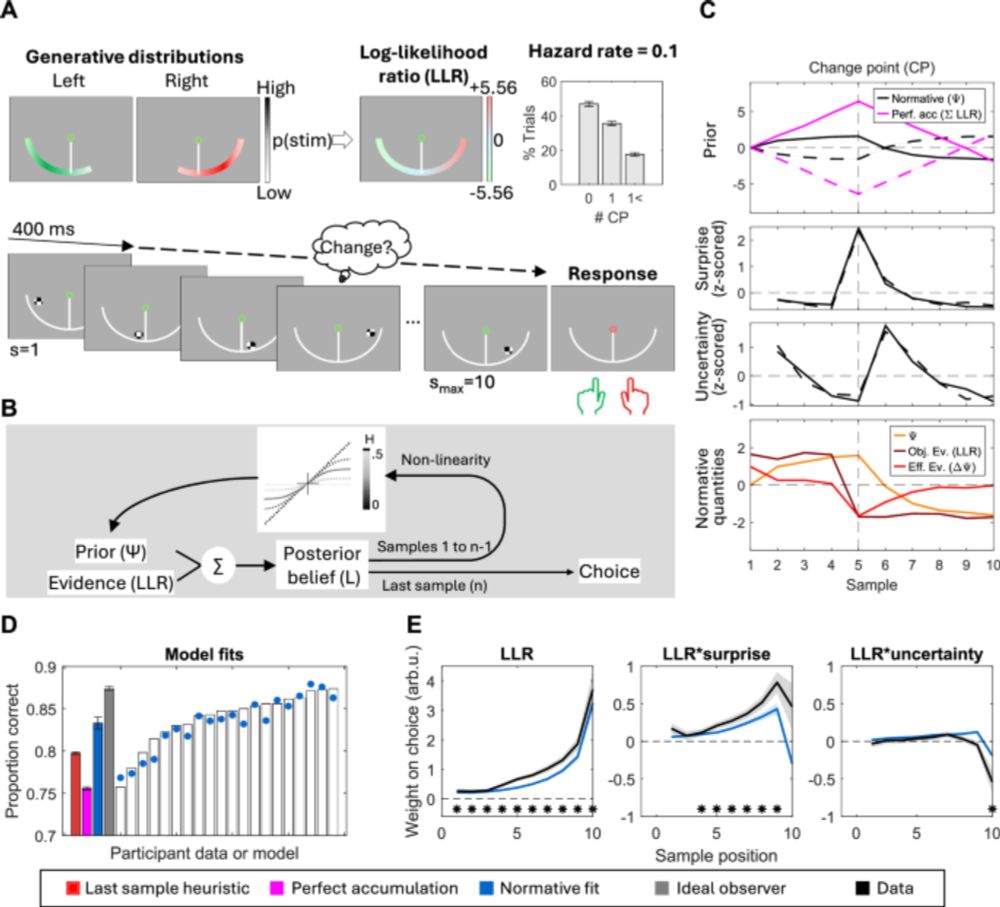
@natcomms.nature.com! nature.com/articles/s41...
With @spk3lly.bsky.social and @neuromurphy.bsky.social, we investigated the neural computations that allow us to make near-optimal decisions in changing environments. Here's a short summary:
2. The packages don’t exist. Which would normally cause an error but
3. Nefarious people have made malware under the package names that LLMs make up most often. So
4. Now the LLM code points to malware.
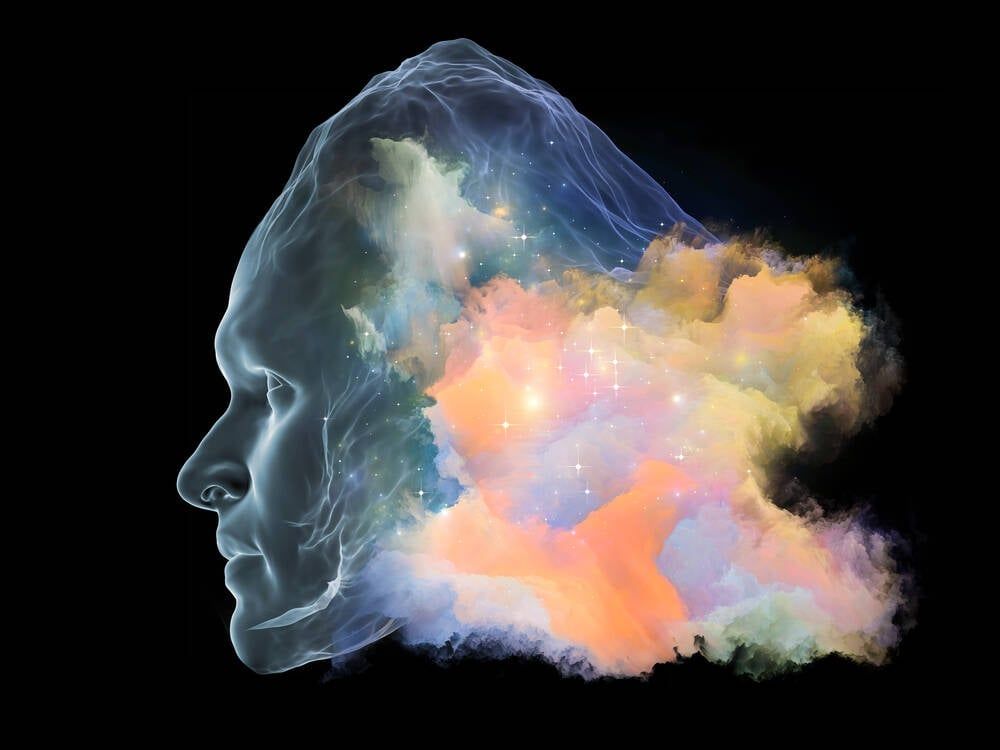
2. The packages don’t exist. Which would normally cause an error but
3. Nefarious people have made malware under the package names that LLMs make up most often. So
4. Now the LLM code points to malware.
All details => www.kuleuven.be/personeel/jo...
#PsychSciSky #Neuroscience #Neuroskyence
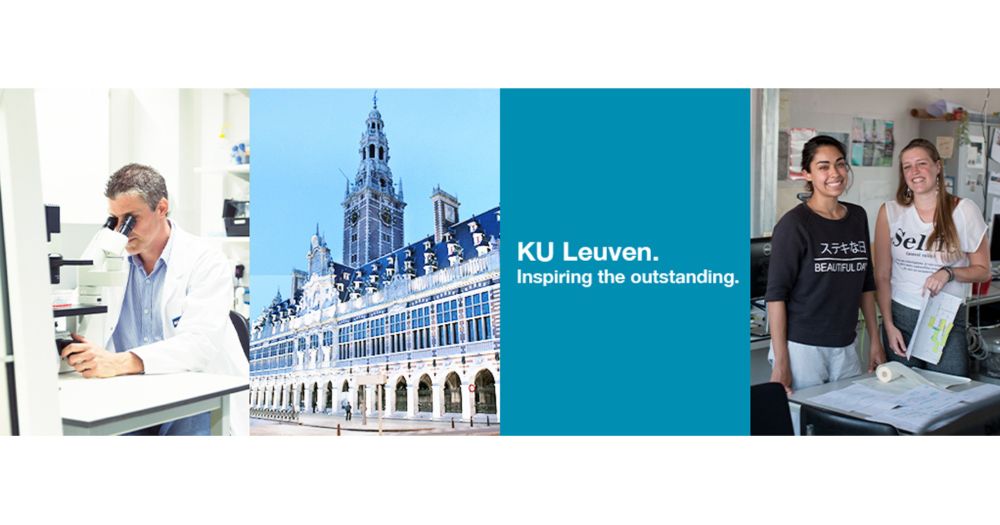
All details => www.kuleuven.be/personeel/jo...
#PsychSciSky #Neuroscience #Neuroskyence
academic.oup.com/brain/articl...
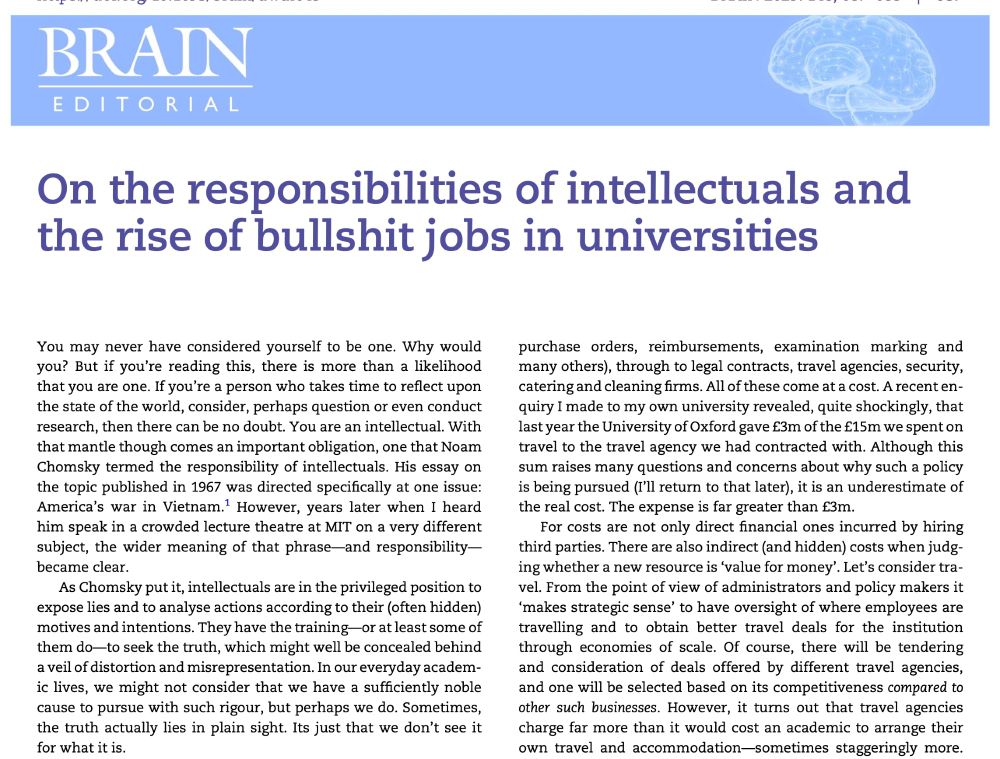
academic.oup.com/brain/articl...
L. Brun & @perrineporte.bsky.social asked players to rate confidence in their throws under variable visual feedback.
Turns out vision helps adjust confidence in successful, but not failed throws:
papers.ssrn.com/sol3/papers....
L. Brun & @perrineporte.bsky.social asked players to rate confidence in their throws under variable visual feedback.
Turns out vision helps adjust confidence in successful, but not failed throws:
papers.ssrn.com/sol3/papers....
What causes the drift rate to vary across trials? How much does the drift rate variability estimate in the Diffusion Decision Model reflect the true variability? Here, we critically examined this by including trial-level regressors of drift rate.
osf.io/preprints/ps...
What causes the drift rate to vary across trials? How much does the drift rate variability estimate in the Diffusion Decision Model reflect the true variability? Here, we critically examined this by including trial-level regressors of drift rate.
osf.io/preprints/ps...
link: pmc.ncbi.nlm.nih.gov/articles/PMC...
#PsychSciSky #Neuroscience #Neuroskyence
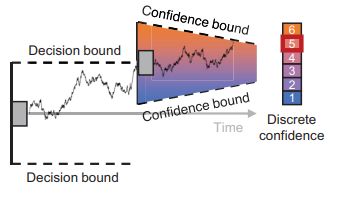
link: pmc.ncbi.nlm.nih.gov/articles/PMC...
#PsychSciSky #Neuroscience #Neuroskyence
Muscarinic antagonism reduces motivation & invigoration in humans, mediated by changes in preparatory EEG signals: doi.org/10.7554/eLif...

Muscarinic antagonism reduces motivation & invigoration in humans, mediated by changes in preparatory EEG signals: doi.org/10.7554/eLif...


